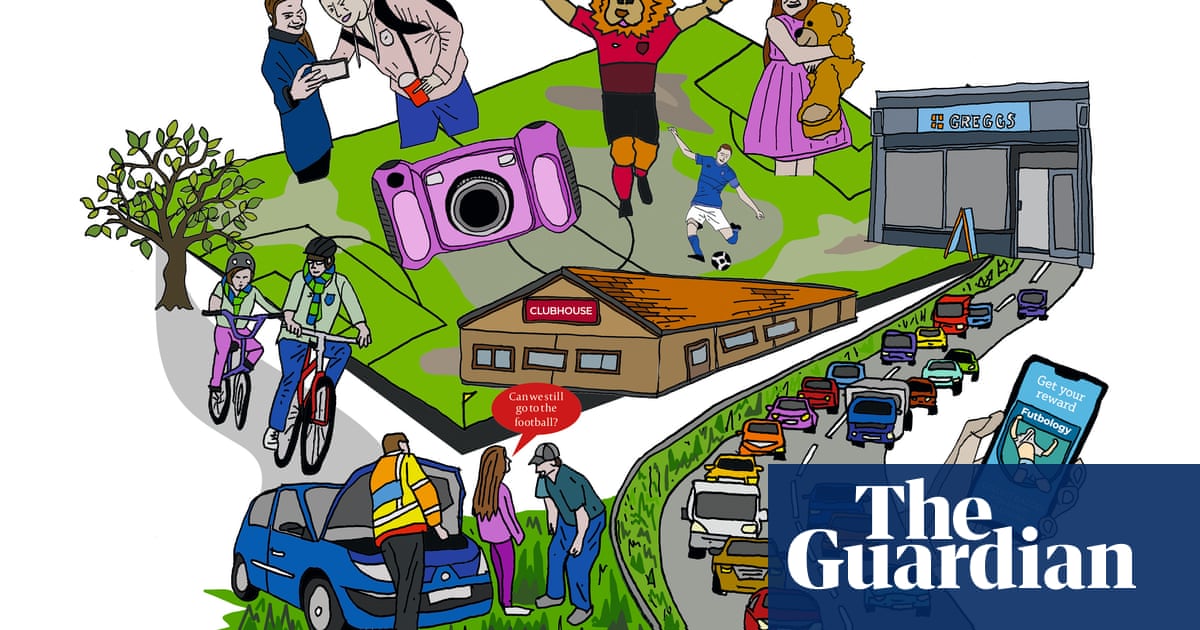
Everyone at the London Stadium, as well as millions around the world, saw the criticism, abuse and ridicule Slaven Bilic was subjected to last Friday night as we recorded a superb win over West Ham. What they didn’t witness was that same man standing outside the Brighton dressing room afterwards, waiting for each and every one of our players and coaches to offer congratulations and a warm handshake.
A few minutes before, I was sat behind the technical area while chants of “sacked in the morning” and “you don’t know what you’re doing” crashed down on Bilic from the stands, and yet here he was in the quiet of the tunnel displaying a humility and courtesy which very few people could find in those circumstances, and for the first time in my life I questioned my own ambition to become a manager.
For the past five years I’ve been studying and preparing to become a coach – something I have dreamed of and worked towards while still playing – and have felt strongly motivated about gaining my licence and maybe even one day finding myself in the dugout as a Premier League manager.
But seeing Bilic standing alone with his own fans baying for his blood made me shiver at the prospect of that being me one day. Do I really want to expose myself to the pain, stress and media scrutiny a manager has to accept as part of the job? And more importantly, is my family ready for the constant speculation about my job and the questioning of every decision I make from a voracious public and media?
I boarded a flight to Belfast last Sunday with these questions still buzzing in my mind as I headed for the next stage of my Uefa Pro Licence course with the IFA. Since starting my coaching badges, many people has asked what the course entails, its structure and basically does it teach you how to be a manager? The answer will surprise many people because at least 90% of the course has absolutely nothing to do with football whatsoever.
The pro licence course I and many aspiring coaches take is based on personal stress management, handling the media, psychology, team-building and cultivating relationships with players and staff at every level of a club – all of the skills and tools which are necessary to cope in a very pressured job at the highest level.
But the lectures and coursework we have to complete are as far removed from football as you can get; it’s about developing the understanding of what makes your players (employees) tick, managing in a fickle, high-stress, results-driven business, how to maximise potential in a team environment and the art of teaching itself – all skills needed for management in every industry, not just football.
Ironically, these are abilities which aren’t analysed, quantified or debated by fans or the experts and pundits in the media. Since the introduction of the famous Football Manager computer simulation game, the amount of statistical and tactical analysis available to people has led millions to believe coaching is simply a matter of examining the numbers and then selecting a team and formation and away you go.
Everyone is an expert now and has an opinion of their club’s best team and formation.
But can everyone walk into a dressing room full of big characters, who analyse and mock any weakness, stand in front of them and lead them to success?
Can everyone deal with the outspoken players who are unhappy and think they should be starting instead of the useless donkey you’ve picked in front of them? Can everyone be the face of a club, in some cases multimillion‑pound companies and therefore face the immense financial pressures that come with every result, every week in the job?
Can everyone stand on a touchline, sometimes with their family in the stands, while being abused by thousands of people with the good grace that Bilic did last Friday?
Obviously knowing football systems, football philosophies and tactics is of paramount importance in the job. But in doing my coaching licences I have realised and learned that my character and example as a person, handling high-stress environments while having the ability to inspire and relate to players from different countries of different faiths and culture, is just as important.
Last Friday, regardless of the result or the team he picked, I learned a very important lesson about character and humility from Slaven Bilic just as valuable as all my coaching badges combined and it will stay with me for years to come. The Guardian Sport












